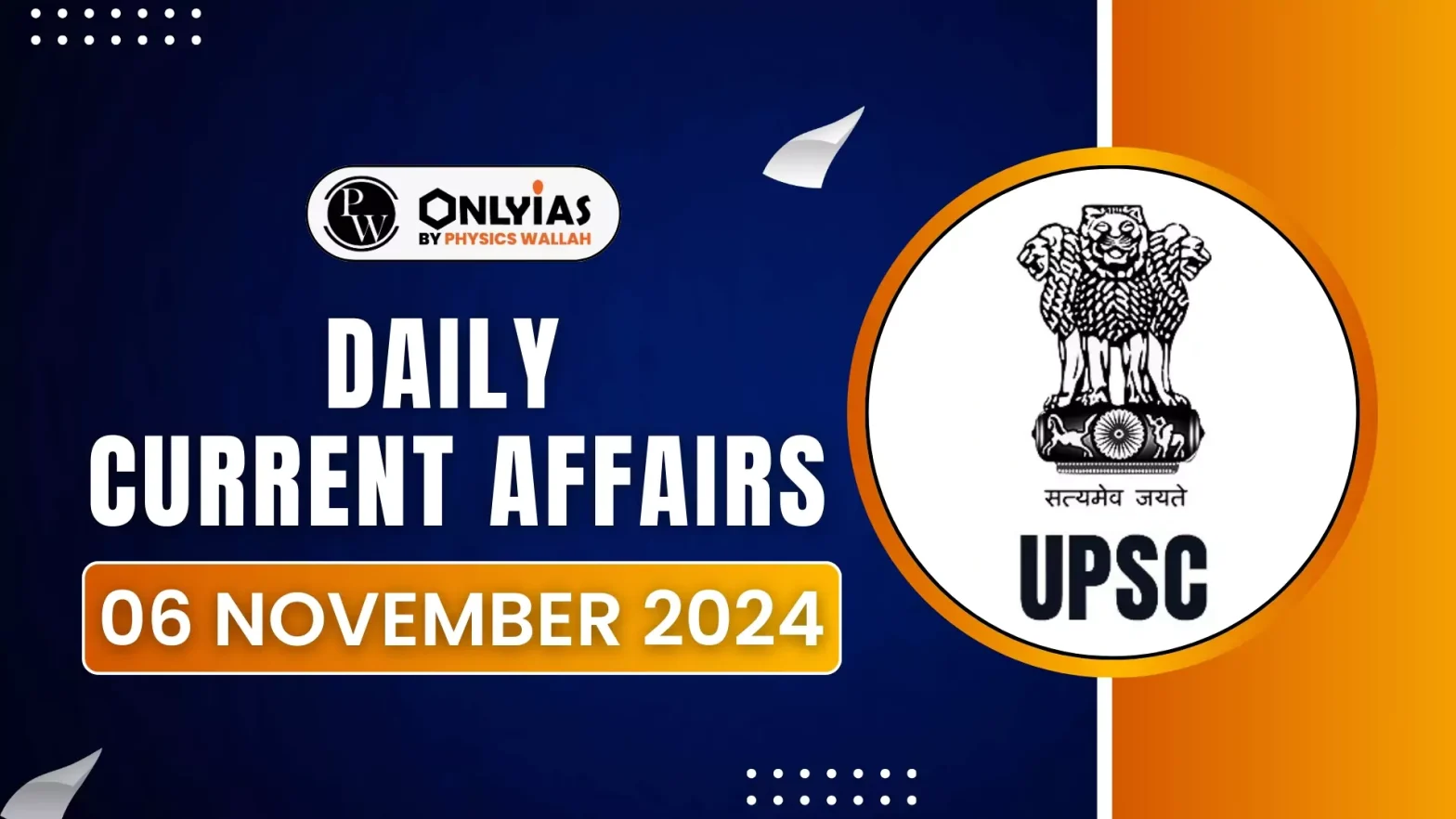Health groups and treatment activists argue that patent monopolies in rare diseases are restricting access to affordable medication, especially for patients in low- and middle-income countries (LMICs).
Stop Abuse of Patent Monopolies in Rare Diseases
- Roche’s Legal Action: Roche has filed for a permanent injunction to prevent Natco Pharma from producing a generic version of Risdiplam, a drug for Spinal Muscular Atrophy (SMA), citing patent infringement.
- Pricing Disparity: Roche charges approximately ₹6 lakh per bottle for Risdiplam, while production costs suggest it could be made available at an estimated ₹3,024 annually.
- Patent Duration: Roche’s patent for Risdiplam extends until 2035, which limits competitive pricing and access to more affordable generics.
- Roche’s Argument : Roche emphasises its dedication to healthcare innovation and improving patient lives, while maintaining that protecting its patents is essential to sustain future medical advancements.
Enroll now for UPSC Online Classes
Spinal Muscular Atrophy (SMA)
- SMA is a genetic disorder causing muscle weakness and atrophy.
- Cause: Mutation in the SMN1 gene, leading to deficient survival motor neuron (SMN) protein.
- Types: Four types (Type 1–4) based on onset and severity, with Type 1 being the most severe.
- Symptoms: Muscle weakness, poor motor function, respiratory issues, and difficulty swallowing.
- Treatment: Nusinersen, gene therapy and supportive care.
- Inheritance: Autosomal recessive; parents carry one copy of the mutated gene.
|
Health Group and Activist Concerns
- Public Interest at Risk: Health groups argue that Roche’s monopoly on Risdiplam limits affordable access, posing a risk to public interest and patient health.
- Impact on Local Healthcare Strategies: This monopoly may hinder the Indian Ministry of Health and Family Welfare’s efforts to utilise domestic production and pooled procurement strategies to bring down treatment costs.
What is Rare Disease?
- A rare disease is a health condition of low prevalence that affects a small number of people compared with other prevalent diseases in the general population.
- India accounts for one-third of the global rare disease incidence, with over 450 identified diseases.
- Example-Spinal Muscular Atrophy and Gaucher’s disease, Mucopolysaccharidosis type 1 and Whipple’s disease.
|
Issues with Other Rare Disease
- Cystic Fibrosis (CF) Drug Access: Patent restrictions have blocked access to CFTR modulators (elexacaftor/tezacaftor/ivacaftor) for cystic fibrosis treatment in India.
- Vertex Pharmaceuticals, the patent holder, hasn’t registered the drug with the Indian FDA, forcing patients to import it individually at an annual cost of ₹1 crore, making it unaffordable for most.
- Generic production of these modulators has begun in Argentina, but Indian patients cannot access it due to ongoing patent restrictions.
Check Out UPSC Modules From PW Store
Pros and cons of Patent Monopolies for Rare Diseases
| Pro |
Con |
- Incentivizes Innovation: Patents provide a strong incentive for pharmaceutical companies to invest heavily in research and development (R&D) for rare diseases, which often have smaller potential markets.
- Protects Investment: Patents allow companies to recoup their significant R&D costs, ensuring a return on investment and encouraging further innovation.
- Encourages Competition: While patents grant temporary monopolies, they also foster competition among companies to develop better treatments and lower costs over time.
|
- High Drug Prices: Patent monopolies can lead to high drug prices, making treatments inaccessible to many patients, especially in low-income countries.
- Limited Access: Exclusive rights granted by patents can restrict access to life-saving medications, particularly for patients in need.
- Barriers to Generic Competition: Patents can delay the entry of generic drugs, which are typically more affordable, further limiting patient access.
- Potential for Abuse: Patent holders may engage in anti-competitive practices, such as evergreening, to extend their monopoly and maintain high prices.
|
Way Forward
- Price Controls: Implement stringent price controls on rare disease treatments to make them affordable for patients.
- Compulsory Licensing: Utilize compulsory licensing to allow generic manufacturers to produce affordable versions of patented drugs.
- Health Insurance Coverage: Ensure comprehensive health insurance coverage for rare diseases to alleviate financial burdens on patients.
- Financial Incentives: Provide financial incentives to generic manufacturers to encourage the development and production of affordable rare disease treatments.
- Regulatory Support: Streamline regulatory processes for generic drug approval to expedite access to affordable medications.
- Global Collaboration:
- International Partnerships: Foster international collaborations to share knowledge, resources, and clinical expertise in rare disease research and treatment.
- Global Access Initiatives: Support global initiatives aimed at expanding access to affordable rare disease treatments, particularly in low- and middle-income countries.
![]() 6 Nov 2024
6 Nov 2024

